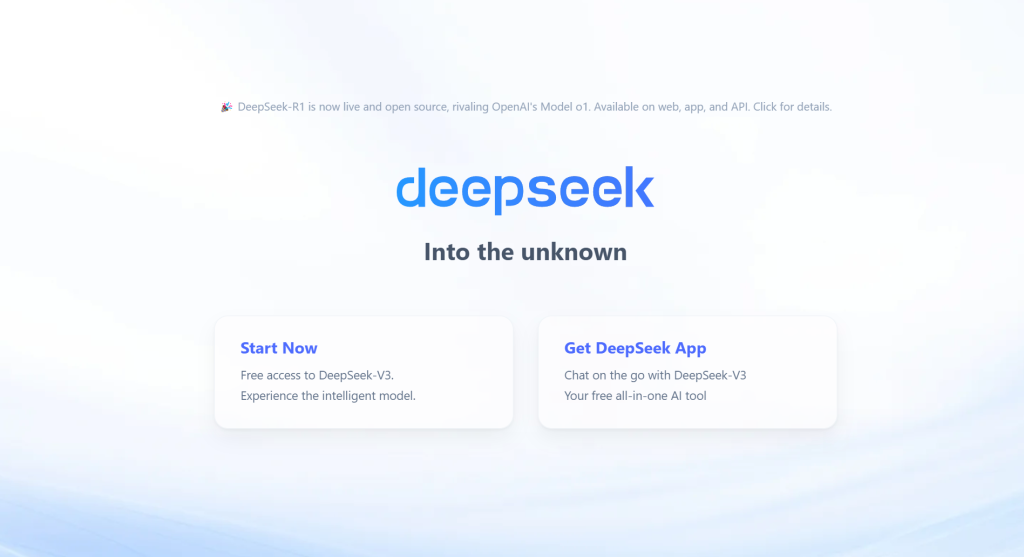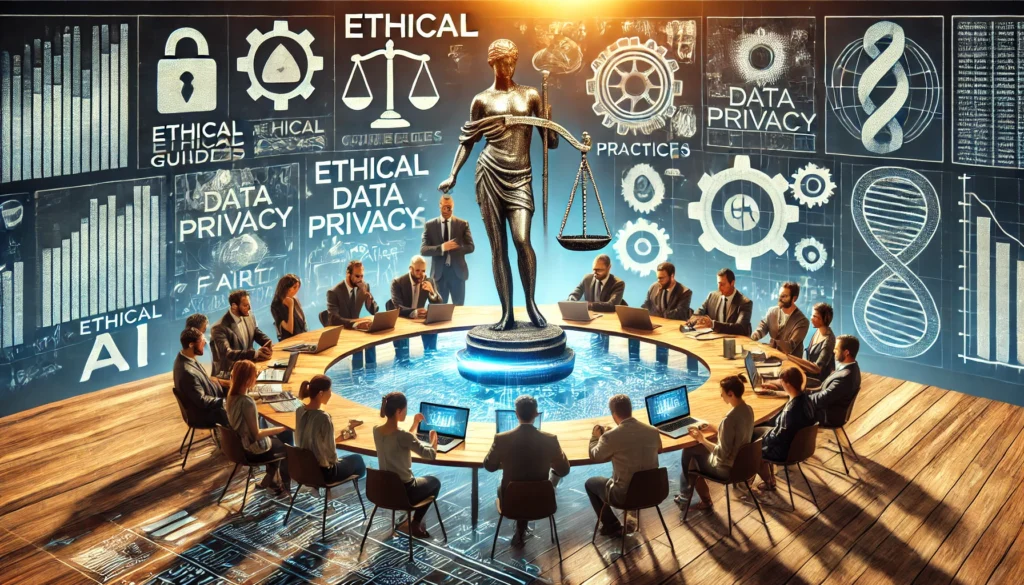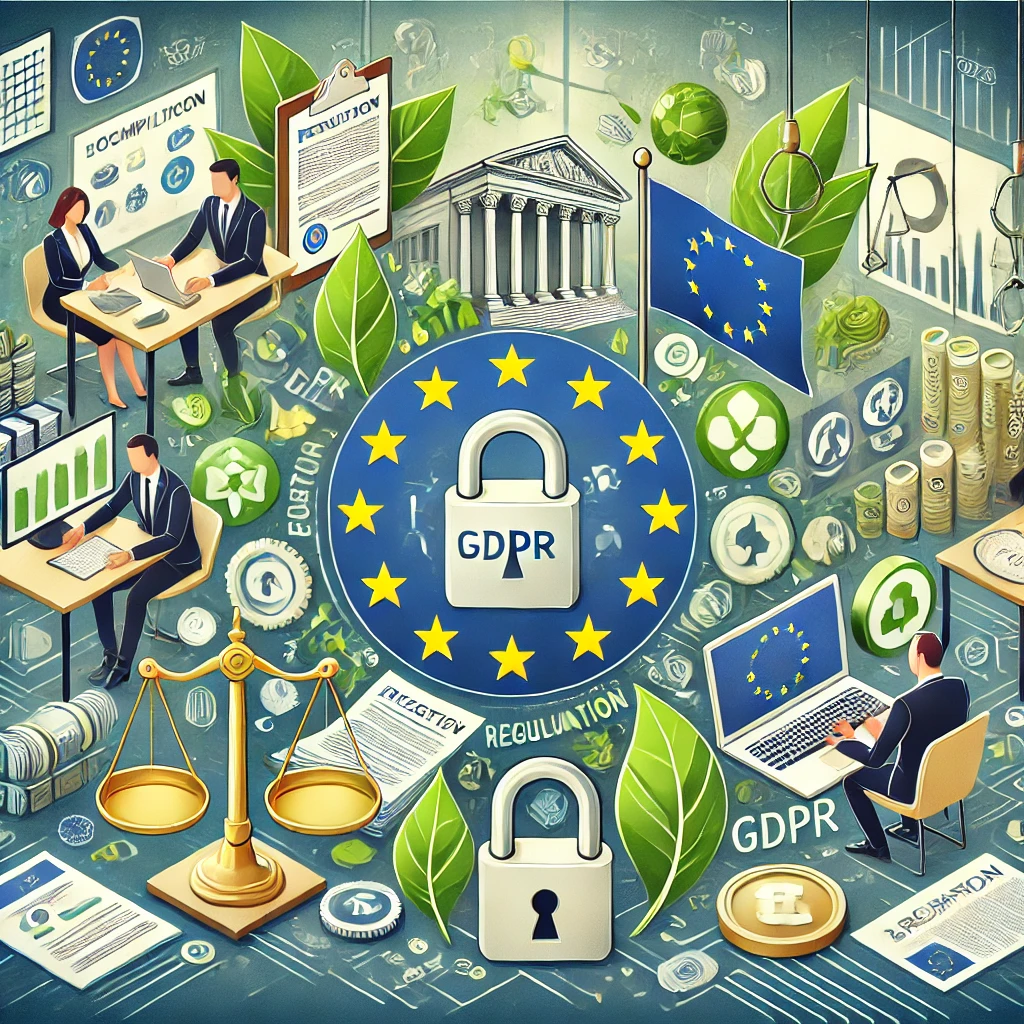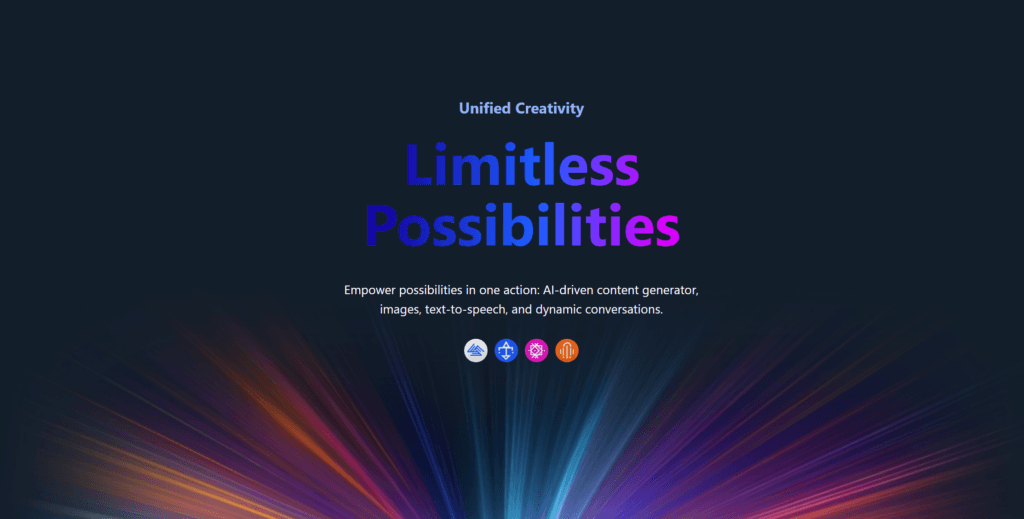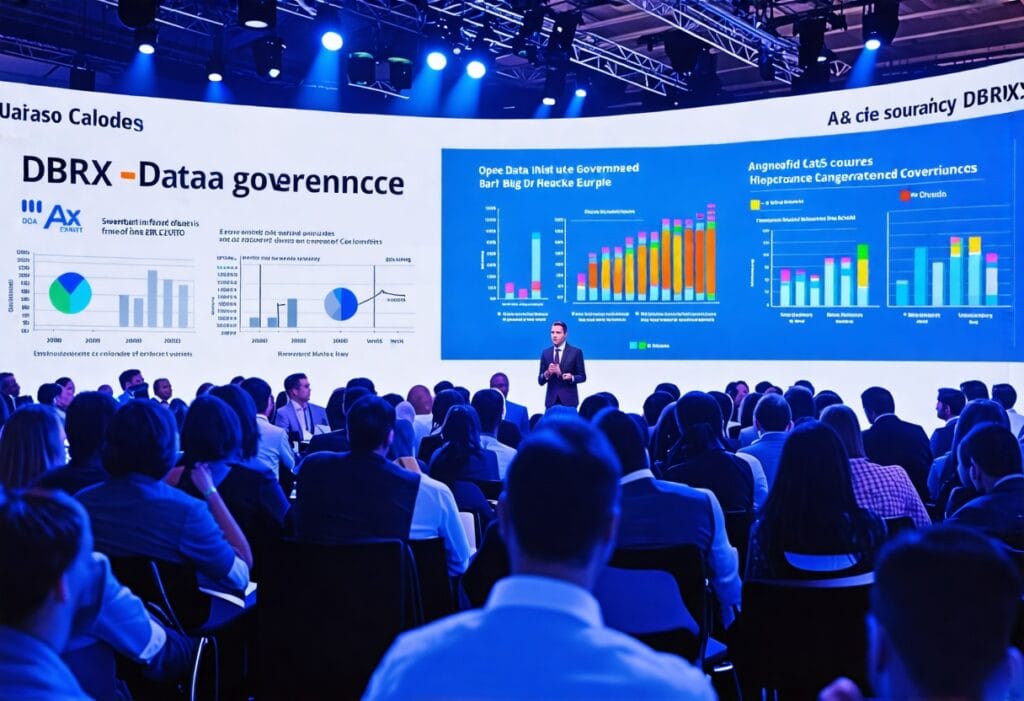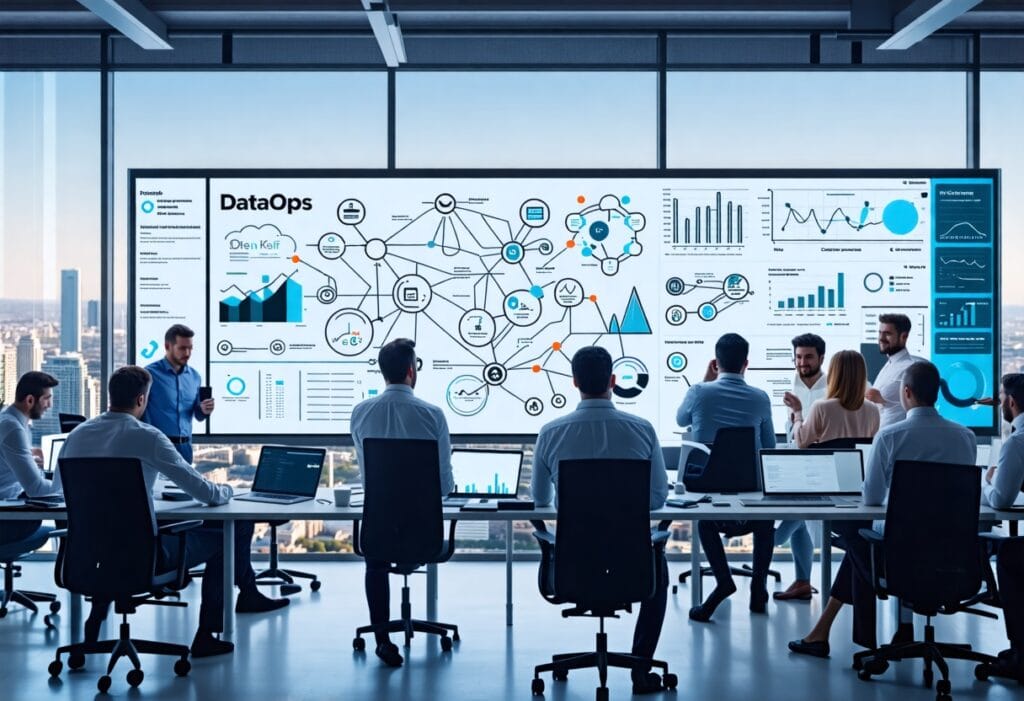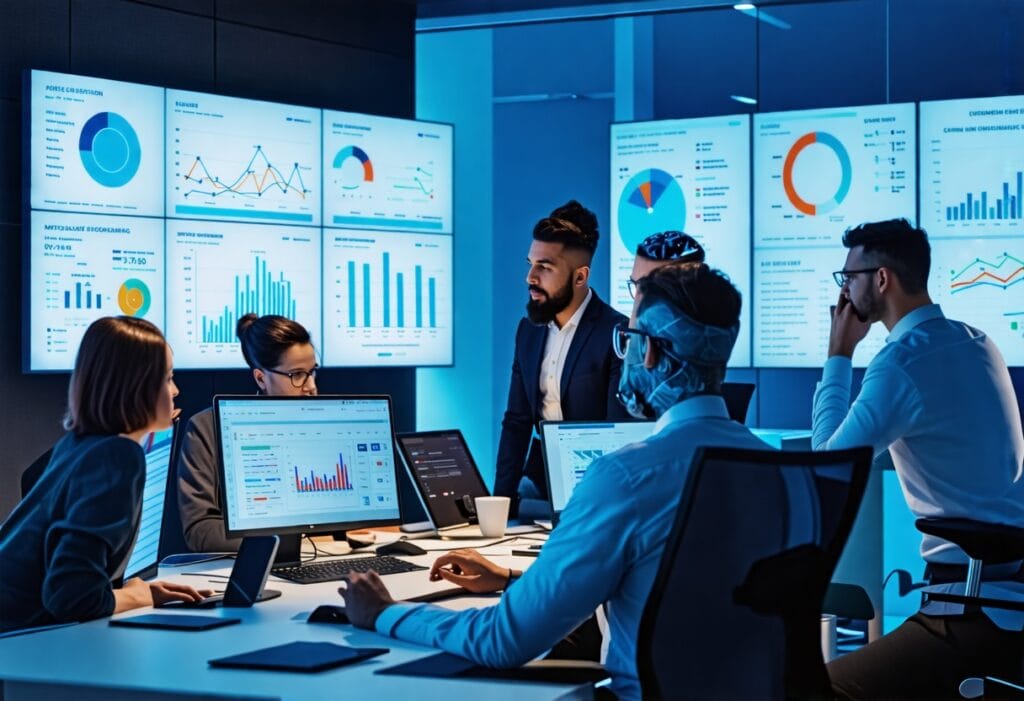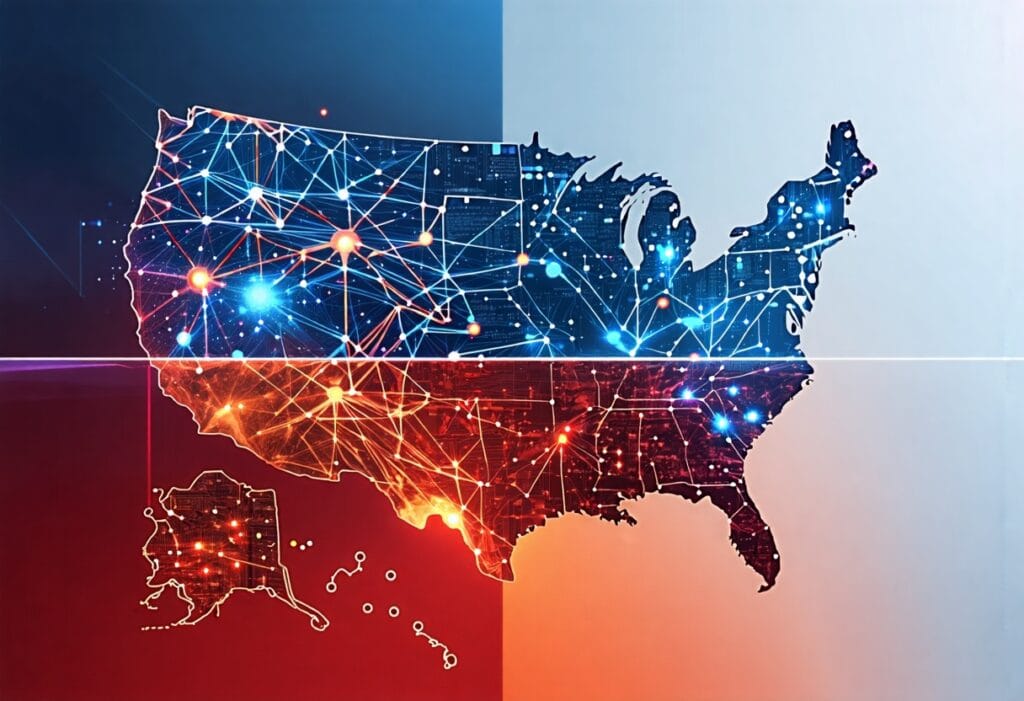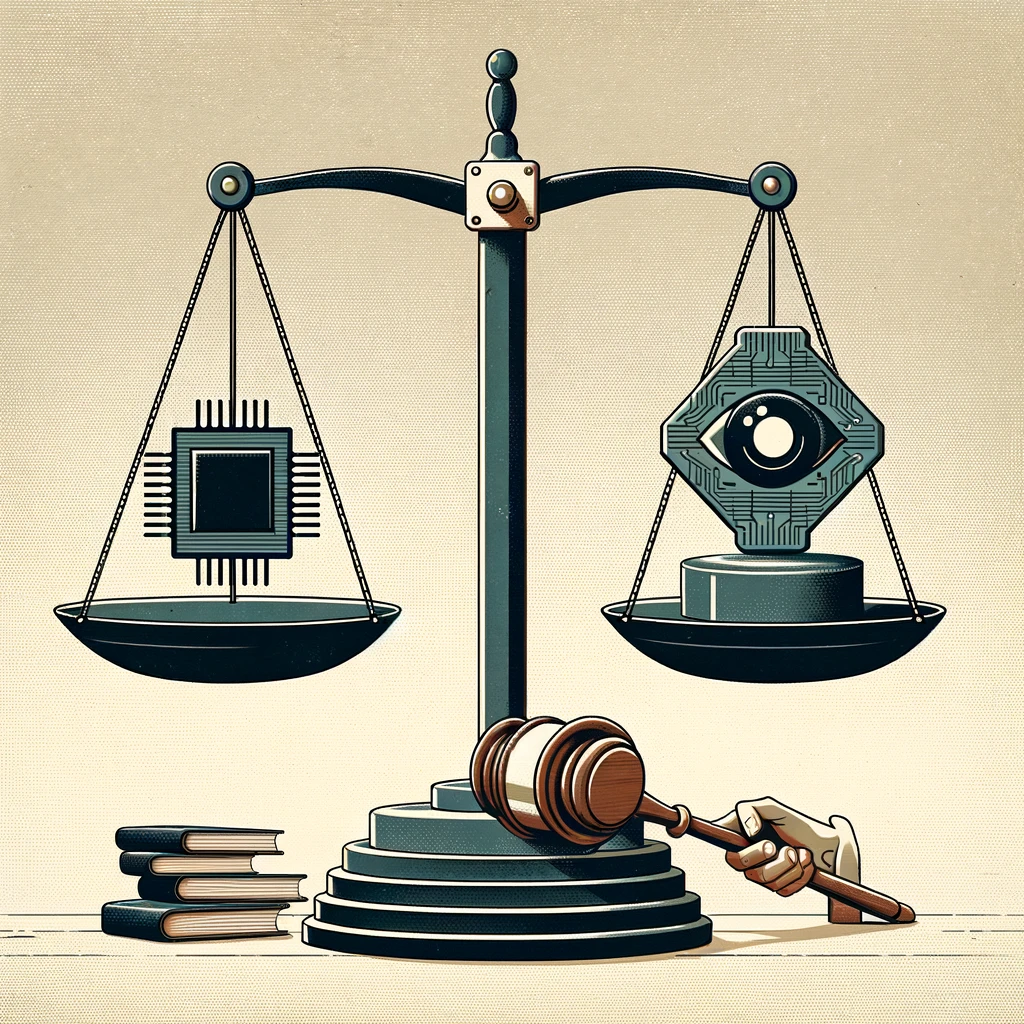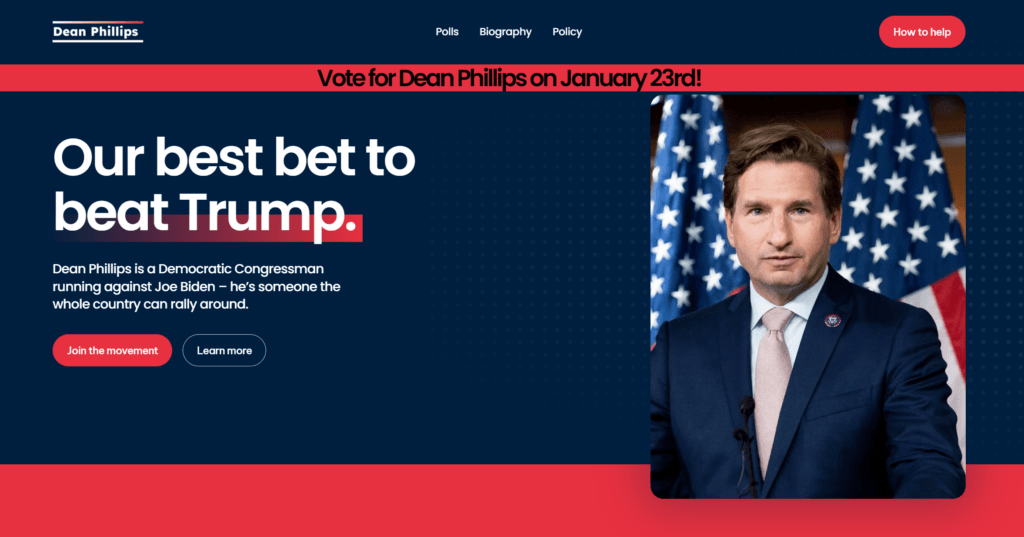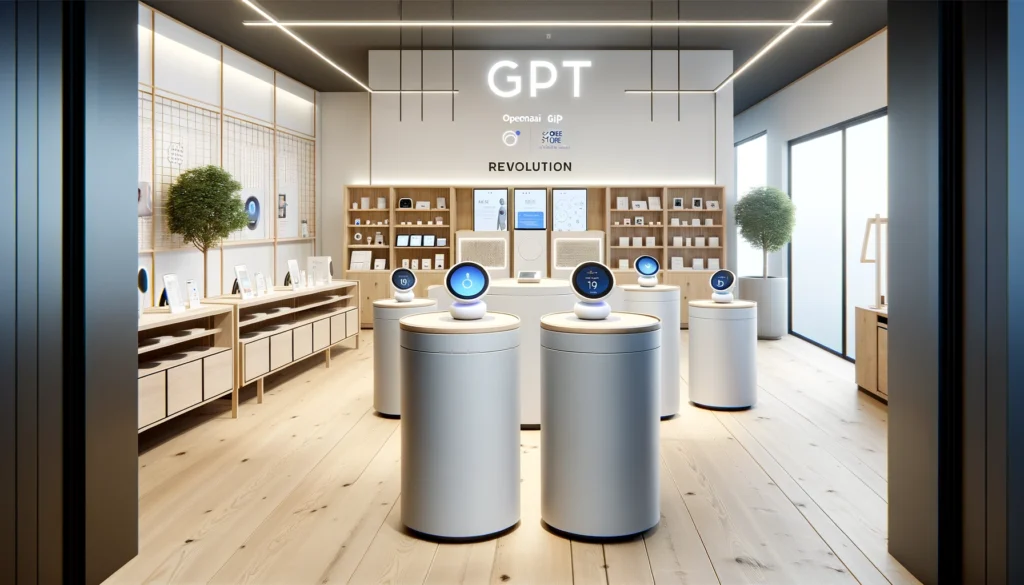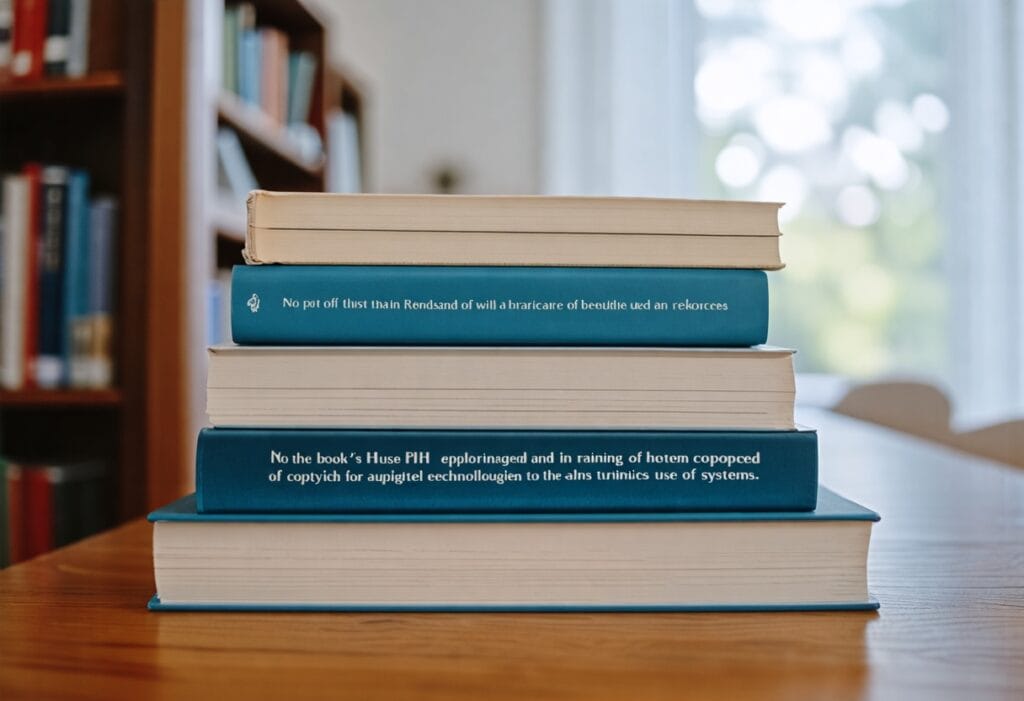Enhancing Brand Safety in Influencer Partnerships with AI

In the Age of AI: Enhancing Brand Safety in Influencer Partnerships
As brands strive to create authentic connections through influencer partnerships, the risks associated with collaborating with social media personalities have become increasingly evident. While these partnerships can drive significant brand awareness, the unpredictable nature of influencers often leads to potential controversies that can tarnish a brand’s image. Enter artificial intelligence—an innovative ally in brand marketing. AI is revolutionizing the way companies evaluate potential influencers, ensuring that partnerships align with brand values and mitigating the risk of backlash from controversial figures.
With tools like Lightricks’ SafeCollab, marketers can efficiently vet influencers by utilizing advanced algorithms that analyze vast amounts of content across multiple social media platforms. This remarkable technology automates the due diligence process, allowing brands to swiftly identify any red flags that may not align with their image. In an era where a single misstep can have reputational repercussions, leveraging AI to preemptively assess influencers’ histories empowers brands to make informed decisions and safeguard their reputation.
By embracing AI in influencer marketing strategies, brands are not only streamlining their vetting processes but are also ensuring they partner with creators who reflect their core values—ultimately fostering a more trustworthy and authentic brand narrative.
The Importance of Brand Safety in Influencer Marketing
In today’s competitive landscape, influencers serve as pivotal drivers of brand narrative, helping companies articulate their values and aspirations to a wider audience. However, with the growing number of influencers comes an equally concerning rise in potential reputational risks. As brands shift their marketing strategies toward influencer partnerships, the necessity for stringent brand safety measures has never been clearer. This section delves into why maintaining brand safety is paramount and how it ties directly into the selection of influencers for brand endorsements.
Understanding the Risks of Influencer Collaborations
While influencer partnerships can yield impressive returns in terms of engagement and visibility, they are not without risks. Each influencer carries their unique audience and personal brand, which can significantly impact a collaborating company’s reputation. From past controversies to questionable conduct, brands must be vigilant. Even influencers with a seemingly clean slate can become embroiled in controversies overnight, potentially resulting in backlash for the brands associated with them. Understanding the landscape of risk in influencer marketing enables brands to make informed choices and prioritize safety.
The Role of Social Media in Amplifying Controversies
Social media serves as a double-edged sword; it has the power to elevate a brand while also amplifying any controversies surrounding an influencer. A single inflammatory post can go viral within hours, drawing negative attention not just to the individual but also to their brand partners. In one infamous case, a popular influencer faced public backlash after a years-old tweet resurfaced, leading to a domino effect on brands associated with them. This scenario highlights the necessity for rigorous vetting processes before initiating any collaboration.
AI-Powered Tools: Revolutionizing Influencer Vetting
Artificial intelligence is paving the way for smarter, faster, and more efficient methods of influencer vetting. With tools like Lightricks’ SafeCollab, brands can now harness the power of AI to sift through extensive data sets, revealing past behaviors and affiliations that may not align with their values. This ability significantly minimizes the risks associated with unreliable influencers.
How SafeCollab Works
At its core, SafeCollab utilizes advanced algorithms and large language models to conduct comprehensive evaluations of influencers across various social platforms. By analyzing content from extensive time periods, the tool collates an accurate history of an influencer’s actions, statements, and engagement patterns—factors that can inform brands about whether a potential partnership would be harmonious or hazardous.
SafeCollab not only speeds up the vetting process but can also automate ongoing monitoring, allowing brands to adapt to any changes in an influencer’s behavior or public perception. This proactive approach ensures that marketers are always aware of any red flags that may arise post-collaboration.
Defining Risk Parameters and Building Trust
One of the standout features of SafeCollab is the ability to customize risk parameters according to a brand’s specific needs. Brands can set filters based on their core values and the nature of their target audience, thus eliminating potential collaborators who may not fit their established criteria. This level of customization acts as a safeguard, ensuring that brands don’t just react to problems as they arise but proactively prevent them through informed decision-making.
Creating a Collaborative Framework with Influencers
In addition to protecting their brand, the use of AI-powered tools can foster a more collaborative atmosphere. When influencers are aware that their content is being assessed in real-time, they are encouraged to maintain a consistent and positive online presence. This creates an environment of mutual responsibility, where both parties are incentivized to uphold the brand’s values and ethics.
Real-Time Monitoring: Ensuring Continuous Brand Safety
Past controversies can be an immediate deal-breaker when it comes to influencer partnerships. However, ongoing monitoring remains just as critical to maintaining brand integrity. SafeCollab offers real-time alerts whenever influencers post content that conflicts with a brand’s safety parameters. This capability is crucial for brands looking to pivot or distance themselves from influencers who may no longer be a good fit due to shifting public opinions or new controversies.
Benefits of Continuous Monitoring
Maintaining a continuous monitoring system allows brands to act quickly if an influencer’s behavior becomes misaligned with their values. Brands can choose to adjust their partnerships based on real-time data, ensuring they never compromise on their public image. This also empowers brands to create contingency plans, providing them with a roadmap for using alternative influencers if needed, thus maintaining campaign momentum without compromising safety or integrity.
Building Authentic Narratives amidst Controversy
Despite the risks, influencer partnerships present a unique opportunity to tell authentic stories and engage with an audience more personally. By leveraging tools like SafeCollab, brands can mitigate potential risks while still enjoying the benefits of influencer partnerships. The use of AI not only helps in identifying suitable creators but ensures that the partnerships foster authenticity, enhance storytelling, and resonate positively with the target audience.
Aligning Values for Lasting Partnerships
Ultimately, utilizing AI in influencer marketing strategies ensures partnerships are grounded in shared values and mutual respect. Brands that prioritize safety through comprehensive vetting and monitoring can invest their time and resources into building genuine relationships with influencers. This commitment to authenticity not only fosters trust but also drives effective engagement, creating a positive feedback loop that benefits both the brand and the influencer.
Embracing AI for Brand Safety in Influencer Marketing
As the landscape of influencer marketing continues to evolve, the imperative for robust brand safety measures grows stronger. By embracing artificial intelligence, brands can significantly mitigate risks associated with influencer collaborations while fostering authentic relationships that resonate with their target audience. The integration of AI tools like SafeCollab not only streamlines the vetting process but also enhances ongoing monitoring, empowering brands to make informed decisions that align with their core values.
This proactive approach towards influencer partnerships enables companies to identify and collaborate with creators who positively contribute to their brand narrative. In an age where audience perception can swiftly change, leveraging technology ensures that brands remain agile and responsive, effectively safeguarding their reputation. As influencer marketing becomes increasingly pivotal in brand strategies, prioritizing safety and authenticity through AI-facilitated vetting will be key to building enduring partnerships that stand the test of time.
By aligning with the right influencers and maintaining a focus on shared values, brands can not only navigate potential pitfalls but also create compelling narratives that engage audiences and drive meaningful interactions. Ultimately, a commitment to brand safety through technology not only benefits individuals and partnerships but fosters a healthier ecosystem for the influencer marketing industry as a whole.
